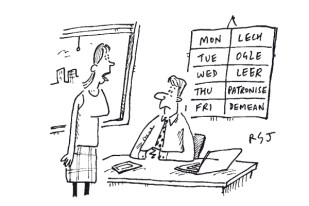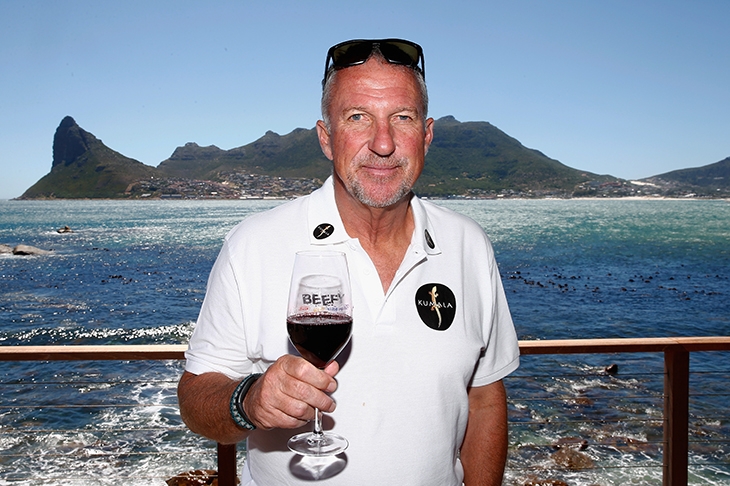In clubs and other admirable locations throughout the civilised world, glasses have been raised and toasts proposed. But this was not a prelude to drinking-song conviviality. Voices were sombre, eyes misty. Thousands of friends were in stricken mourning, lamenting the passing of a great man: a friend to many, a prophet to many more.
Roger Scruton had seemed to be a young 75-year-old, with a zest for life expressed in such profusion, from the rigours of intellectual mountaineering to the joys of domesticity, to the glories of art and music, to the pleasures of the hunting field.

His death, ridiculously premature — what do you mean going off duty so early, old friend, when the world has need of you more than ever? — has evoked an anguished sense of loss. Because no one thought of him as obituary material and everyone assumed that we could count on him to fight in the front line against the Gramscian long march through the institutions, he was not properly evaluated. Only with death, only with the loss and pain of those left behind, did we realise what a paladin we had among us. Roger was one of the foremost intellects of our age: one of the foremost British conservative intellects since the Renaissance.
In the 1970s, he helped to found the Conservative Philosophy Group, but even he could not rescue conservative philosophy from paradox and oxymoron. Political philosophers search for solutions. Roger believed that such endeavours raised more questions than they answered. Who are the conservative philosophers? Hobbes, the original eupeptic pessimist, but probably an atheist: can you be a conservative philosopher and an atheist? If not, Hume is also excluded. Burke went to his grave describing himself as a Whig. Prime minister Salisbury: no more powerful intellect ever addressed itself to politics, but even so, it is impossible to construct a Salisbury-ian philosophy. Oakeshott, another eupeptic pessimist, who wrote beautifully — until you try to work out what he was actually saying.
Roger’s conservatism had a simple foundation. He sought to make sense of the human condition. This led him to the Himalayan peaks of philosophy: Kant, Wagner. He also believed that conservatives should engage with the endless search for social order and civility.
How could you go, old friend, when the world has need of you more than ever?
To him, conservatism was a route to the good life, as philosophers would have it, but also to a decent life, accessible to decent people, even if they had never heard of Kant. He did not believe in God. He did believe in religion, especially as expressed in the Church of England. This led to a sort of faith, based on a communion with those who had gone on before. All this, plus courage and stoicism, gave him the strength to battle on bravely to the end.
This graceful conservatism was all to do with foundations. That put him at odds with Margaret Thatcher, who seemed to embrace disruption. By temperament, Roger was neither a democrat nor a free marketeer. He was too fastidious for the brawling rough and tumble of current conservative politics. But there is a fruitful if uneasy relationship. The Conservative party wins the votes to make conservatism possible; the Roger Scrutons win the arguments to ensure that there are institutions worth conserving.
In his embrace of the pleasures which life offers, Roger was, of course, an oenophile. A couple of days ago, Robbie Lyle ensured that a number of us had a lunch which Roger would have enjoyed. A venison wellington was accompanied by a 2009 Les Champs Perdrix Bruno Clair, a serious Vosne-Romanée. We saluted our departed friend and mentor. But the grief was unassuaged.






Comments